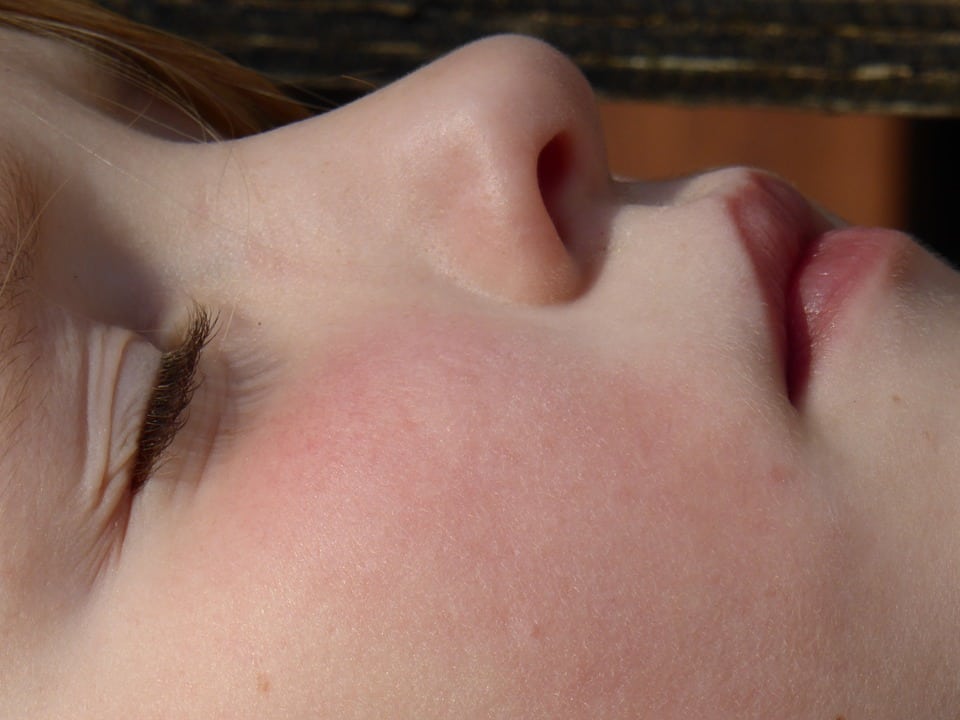 Kids seem to be perpetually drippy year-round and it can be hard to figure out when, if, or how a runny nose should be treated. In most cases, runny or stuffy noses in children are not serious. Your child’s nasal passage may just be inflamed, causing them to feel stuffed up.
Kids seem to be perpetually drippy year-round and it can be hard to figure out when, if, or how a runny nose should be treated. In most cases, runny or stuffy noses in children are not serious. Your child’s nasal passage may just be inflamed, causing them to feel stuffed up.
Runny noses can indicate a number of different things: your kid maybe ate something spicy, has allergies, has a cold or flu, or is sensitive to temperature.
Mucus trapped in your kid’s face can also cause ear and sinus infections, so it’s important to keep an eye on symptoms. Though it seems silly, check their nostrils first to be sure your child didn’t shove something up there.
Post-Nasal Drip
Noses that are dripping down the back of the throat (postnasal drip) may cause coughing, swallowing problems, or sore throats.
Home remedies for a postnasal drip:
- Gargle with saltwater
- Stay hydrated
- Stay away from allergens
- Use a humidifier
- Boost immunity
Allergic Rhinitis
Allergic rhinitis is another word for hay fever. It is simply an allergy that develops when your body reacts to something in the environment. Springtime is a common time for allergies to develop, so your kid might be a little drippier or sniffle-y than usual.
Symptoms of Allergic Rhinitis
- A runny nose
- Sneezing
- Congestion
- Fatigue
- Itchy eyes/mouth/skin
In many cases, allergic rhinitis is a seasonal response to some allergen. Allergens include airborne pollens (grass, weeds, flowers, trees, or spores) or dust, pet hair, mold, or food allergies. Allergic rhinitis can also be a response to an irritant, like cigarette smoke or perfume.
Keep an eye on symptoms in order to rule out other infections or illnesses. You can decrease the number of triggers your kid has by keeping windows closed and using air conditioning during certain seasons. Make sure to get rid of any mold in your home. Keep your pet well-groomed, and make sure that your family washes their hands after petting.
If you suspect your child has an allergy, you may choose to bring them in to see your pediatric healthcare practitioner in order to test their immunology. There are a few tests available to test allergies in your children, including skin tests, blood tests, and elimination diet tests.
We know that some runny noses can cause issues with your child’s hearing and communication, as well as with sleep. The less time they’re clogged up, the better!
Tips to Relieve Runny Noses
- Elevate your child’s head while they sleep with pillows or folded blankets
- Drink plenty of fluids
- Use a diffuser or a humidifier
- Take your child to the bathroom and turn the water on hot to steam out the mucus
- Use saline spray (only for ages 2 and up)
- Try using a NoseFrida device to suck out mucus for infants.
- Boost immunity.
- Treat allergies (avoid allergens or consult your kid’s practitioner for allergy treatment)
When should you take your kid to their healthcare practitioner?
- A runny nose and fever
- Swollen eyes, forehead, ears, nose and/or cheeks
- White or yellow spots at the back of the throat
- Unnaturally colored mucus (yellow-green, gray)
- A cough that lasts over 10 days
For questions or comments, respond to this blog or contact us. We look forward to hearing from you!




